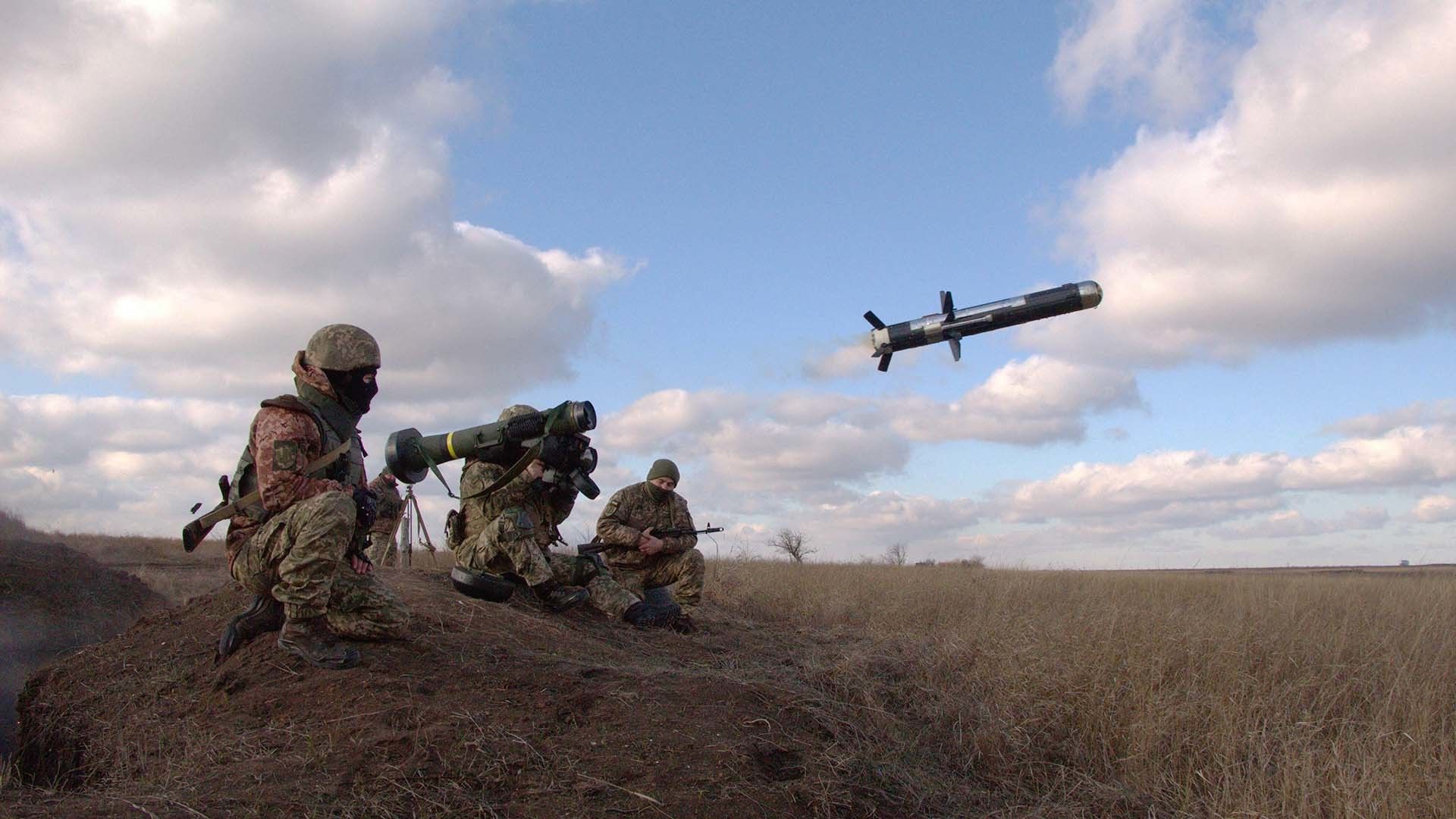UK(Transatlantic Today) -In response to President Putin’s signing of treaties to annex portions of Ukraine, the United States has imposed more sanctions on Russia. The member states of the EU are mulling over the possibility of imposing more sanctions to restrict Russia’s capacity to fund the conflict. Let’s talk about what are sanctions on Russia!
Which countries have sanctions against Russia
Following the Russian annexation of Crimea, which began in late February 2014, many countries, including the United States, Canada, the European Union, and international organizations, have implemented international sanctions against Russia and Crimea as part of the ongoing Russo-Ukrainian War.
These sanctions have been in place since the beginning of the conflict. Sanctions have also been placed on Belarus because of the country’s collaboration and aid with the Russian military. The imposed sanctions targeting individuals, corporations, and government officials from Russia and Ukraine. As a kind of retaliation, Russia imposed sanctions on several different nations, one of which was an outright embargo on importing food from the United States of America, Canada, Norway, Japan, and the European Union.
List of Russian companies Sanctioned.
The Russian government has sanctioned several foreign companies as a form of retaliation. There are 31 businesses on the list, including those from the United States, Singapore, and several European nations, including Germany and France. Specifically, it comprises dealers and operators of underground gas storage facilities, all of whom were once Gazprom businesses in Europe.
Gazprom Germania GmbH, Gazprom Schweiz AG, Gazprom Marketing & Trading USA Inc, Vemex, Wingas, and EuRoPol GAZ are all companies on Russia’s list of sanctions.
Gazprom Marketing & Trading Ltd., along with the rest of Gazprom Germania Gmbh’s assets, were completely divested by the Gazprom Group as of March 31, 2022. Gazprom Export Business Services, a St. Petersburg-based subsidiary and the only creator of Gazprom Germania GmbH, is no longer owned by the parent company. Russian conglomerate demanded that rivals desist from using the Gazprom brand.
The Federal Network Agency will act as trustee for Gazprom Germania GmbH until September 30 after the German Ministry of Economic Affairs and Climate Action puts the company in its care.
US sanctions on Russia
Since Russia’s unjustifiable and unprovoked all-out war on Ukraine in February 2022, the U.S. has imposed unprecedented sanctions and export limits on Russia for its savage aggression. As long as Russia’s aggressiveness continues, we’ll keep imposing consequences on it.
Sanctions and export limits harm Russia’s military industry. Since February 2022, the U.S. and its allies and Allies have cooperated to limit Russia’s access to sophisticated technologies, degrading the Russian weapons industry’s capacity to build and store weapons to replace those lost in the conflict. Since February, the US government has:
- All [U.S.] exports, reexports, and transfers of products subject to the Export Administration Regulations to the Russian Federation and Belarus were denied.
- Targeted Russian and Belarusian military end users by adding them to the
- Denied oil refinery exports, reexports, and transfers to Russia and Belarus. Further, the Russian oil industry was limited by banning exporting, re-exporting, and transferring oil refining products.
- Russia’s chemical, biological, and sophisticated industrial capabilities were targeted by imposing export limits.
- Targeted luxury items to punish Russian billionaires who support the government by requiring permits and banning export and reexport licenses for all end users in Russia.
- New foreign direct product laws prevented exports of foreign-origin products made utilising U.S. sophisticated technology, techniques, and software. This stops products from supporting Russia’s military.
UK sanctions on Russia
The Foreign Secretary announced on 31 January 2022 that the government would launch “unprecedented coordinated sanctions” if Russia invaded Ukraine. The Russia (Sanctions) (EU departure) (Amendment) Regulations 2022 were issued on Feb. 10. The rules altered the designation criteria under Russia (Sanctions) (EU withdrawal) Regulations 2019 and defined “strategic” industries for the Russian government, including chemical, defence, energy, extractives, electronics, ICT, and financial services.
Under the new sanctions, the UK may widely target Russian banks, the energy industry, and Kremlin-connected people.
The government did not say who or how measures, but claimed it would use these new rights to greatest effect if it maintains its hostile agenda against Ukraine” and that “nothing is off the table.
EU sanctions on Russia
Since Russia recognised the non-government-controlled Donetsk and Luhansk oblasts in Ukraine on 21 February 2022 and invaded Ukraine on 24 February 2022, the EU has imposed fresh sanctions against Russia.
They add to sanctions placed on Russia since 2014 for annexing Crimea and not implementing the Minsk accords. Sanctions encompass individual, economic, and diplomatic penalties. Economic sanctions seek to punish Russia for its conduct and hinder its ability to sustain hostilit
Read More: Can The US Defeat Russia? (A New Perspective)
Conclusion
The purpose of sanctions is to deter a country from engaging in hostile behaviour or breaching international law by imposing financial or other consequences on it. They’re among the most difficult things a country can do short of going to war. The United States and other nations have decided to convict 278 Russian lawmakers for their participation in referendums that paved the way for the annexation of four areas of Ukraine.


























